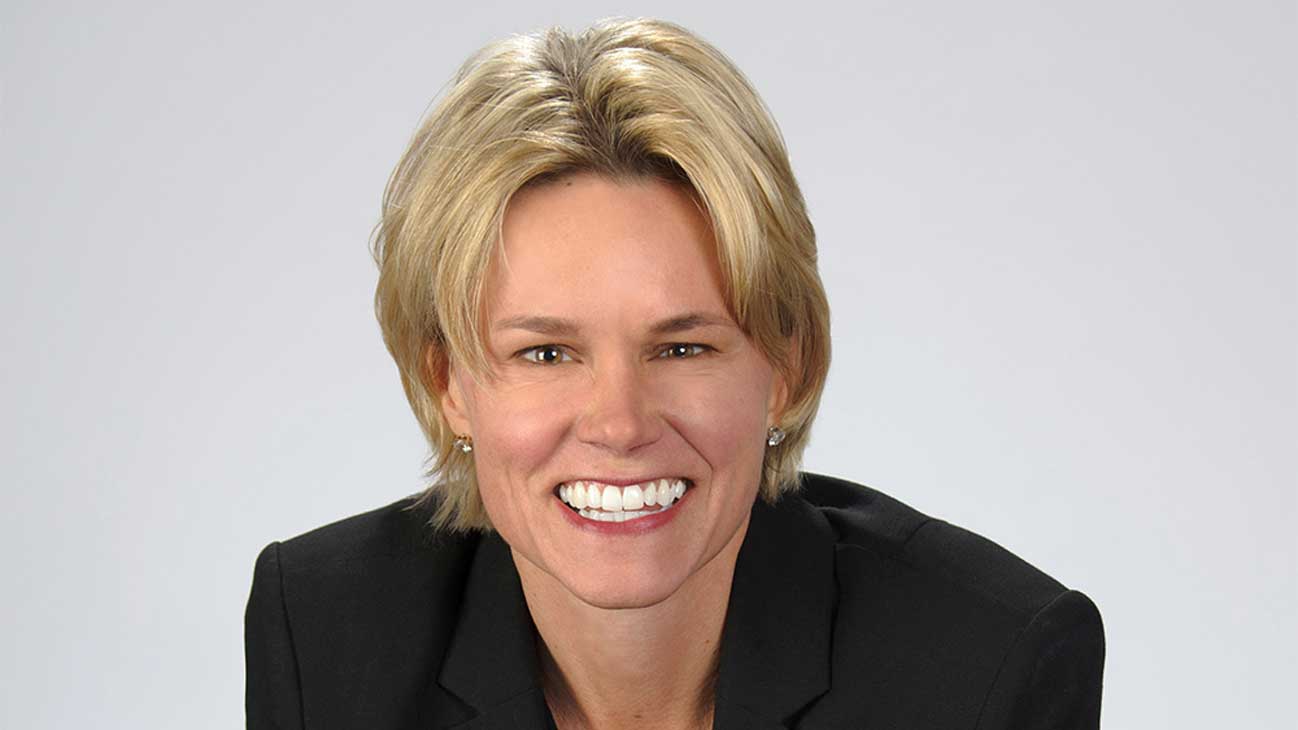Molly Fletcher is a trailblazer in every sense of the word. As president of client representation for sports and entertainment agency CSE, she spent two decades as one of the world’s only female sports agents. Hailed as the “female Jerry Maguire” by CNN, she recruited and represented hundreds of sport’s biggest names, including Hall of Fame pitcher John Smoltz, PGA TOUR golfer Matt Kuchar, broadcaster Erin Andrews, and basketball championship coaches Tom Izzo and Doc Rivers. Today, Molly shares her unconventional and unique techniques that made her one of the first female sports agents in the high-stakes, big ego world of professional sports and now a successful entrepreneur. In the post below, Molly explains why good things can result from conflict, as long as it’s healthy conflict:
During the messed-up end to the Oscars, when presenter Warren Beatty opened the wrong award envelope and paused like a deer in headlights, we saw why healthy conflict shouldn’t be avoided.
On some level, we’ve all been in the spotlight and under pressure. Because we are expecting everything to go smoothly, we’re not prepared for when it doesn’t. And it’s easy for things to get a whole lot worse, as they did for the Best Picture winner and loser and others on stage during the Oscar fiasco.
Leaders who encourage a culture of healthy conflict are preparing their team to step up in uncertain moments to ensure the best possible outcome. If your team lets problems fester, then you really need healthy conflict in your team culture.
Promoting good conflict helps prevent worse problems, and sparks greater boldness, innovation and fearlessness among your team.
Consensus isn’t everything
We don’t speak up, generally, because of fear.
“Humans fear being a fool much more than they hope to be a genius,” says William Barnett, a professor of business leadership at Stanford Graduate School of Business. Does your team avoid rocking the boat because they are afraid? When they do not voice controversial ideas, that can lead to limited, poor strategic choices for all of you.
Case in point: when my agency represented Florida coach Billy Donovan. His NBA deal with the Orlando Magic fell apart because we didn’t have the tough conversation around questions like, “Are you ready to look the players you recruited in the eyes and tell them you are leaving for the pros? Are you prepared to walk into your athletic director’s office, who has supported you for years, and tell him ‘I’m moving on?’ Are you ready to look at the fans at Florida and say, I am going to the NBA?” By avoiding healthy conflict in the short term, the Donovan deal turned into a long-term fail for our team.
Healthy conflict is not a toxic culture that destroys your work environment. Healthy conflict is meaningful and necessary to the future success of your team goals.
But how do you rethink “harmony” and get your team to challenge the status quo in a healthy way? How do you prepare them to act wisely and fearlessly when someone “opens the wrong envelope”?
Healthy conflict is about accountability, love and trust
The courage to engage in healthy conflict is too rare. It starts with feeling safe, not threatened. A leader needs to welcome and show by example that the team is accountable. I believe a leader establishes this from a place of trust and love, just as a parent does with a child.
Conflict starts with pushing back. You hear or say “no,” or your behavior and nonverbal cues communicate that message.
Healthy conflict recognizes that the right “no” can be positive. The power of no is rooted in freedom, because it sets you up to say yes to other possibilities. As a team leader, your team needs to see you weigh short-term gain against long-term conflict and choose not to simply say yes to what others want to hear. In this way, your team knows that you want the best for them, and in that trust you can communicate clearly and effectively.
Focus on statements that start, “no, and…” This is a cue that you are leading beyond the safer choice. You’re pushing your team toward a better solution.
Healthy conflict cuts through passivity. You don’t want your team to say yes because that’s what others want to hear. “No, and…” sets a boundary and affirms your potential. It is an expression of faith that protects your time, talent and resources for your higher purpose.
When your team is afraid of healthy conflict, you end up like the end of the Oscars. Not good.
Your Game Changer Takeaway
Great teams and their leaders know that the safer choice is often costlier in the long run, especially when you act out of fear. Healthy conflict helps your team have the confidence and support to make difficult decisions, especially under pressure. Empower your team by engaging in healthy conflict.

